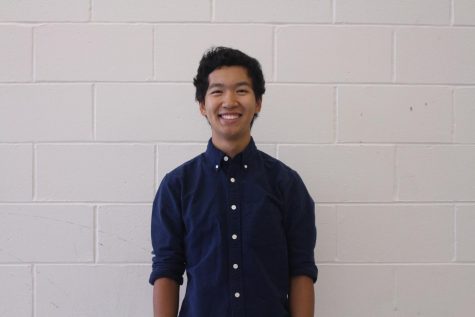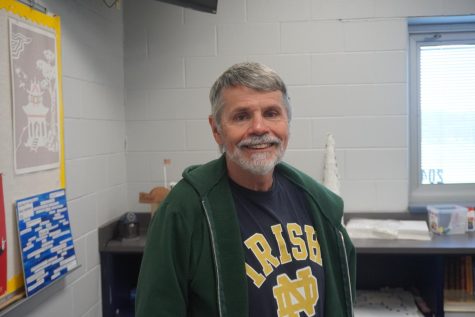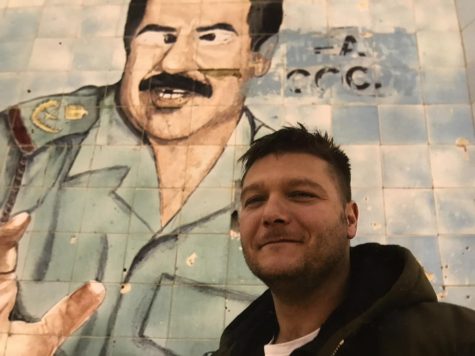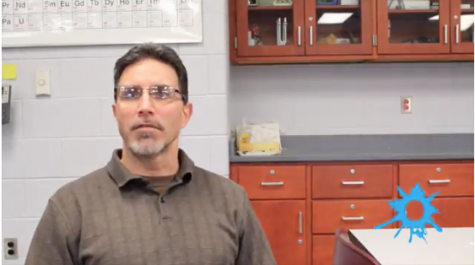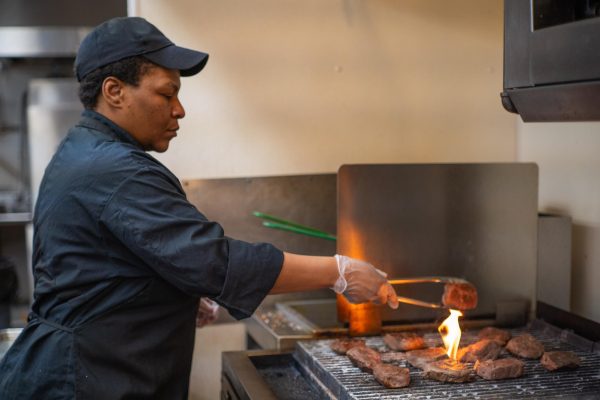Mulshine’s passion is journalism
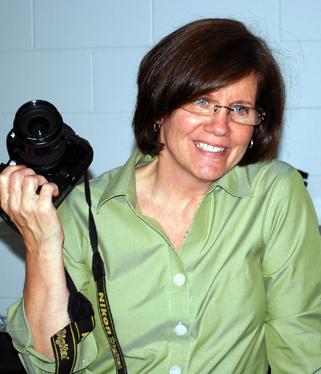
Journalism teacher Andi Mulshine began teaching at CHS after her own career in journalism.
December 22, 2016
The job description of a journalist is simple: find the facts and report the truth. But the varied experiences, both positive and negative – some downright frightening – make the job a constant thrill, said Mass Media teacher and journalist of 20 years Andi Mulshine.
Mulshine’s journalistic career started in an all-girls Catholic high school in suburban Philadelphia. She applied but wasn’t chosen to write for the school paper.
“I was from the wrong side of the tracks,” she said with a laugh.
Her parish was part of a declining city so she and her friends stood in contrast to the girls from suburban neighborhoods. The committee who chose the staff members were from the ‘burbs. So she and her friends created an underground paper called “Junior Jazz.” It consisted of news about the junior class, including events, classes and people. Bits of gossip were sprinkled in, “but it was mainly trying to be journalistic,” she said.
Mulshine went on to attend Temple University, where she majored in journalism and wrote for “The Temple News.” She got her first job at the Quakertown Free Press, then moved on to the Delaware County Daily Times in suburban Philadelphia. She started on the police beat, moved to government reporting and eventually became an investigative reporter.
Mulshine and her husband decided to move to the Jersey Shore in 1996, so she quit her reporting job. After arriving in New Jersey, she got a job at “The Leader,” a weekly paper in Point Pleasant Beach. She became the editor, but it folded after two years. Her last newspaper position was as the editor of The Brick Communicator.
Mulshine said that Bob Woodward and Carl Bernstein, the investigative duo that reported on the Watergate scandal, were her inspirations for pursuing a journalistic career. She thought of them as heroes, “guarding us against a really corrupt president.” Mulshine believed that, as a journalist, she too might make a difference in the world.
“My favorite part of journalism is that feeling you get when you know you’re making a difference. It’s silly sometimes,” Mulshine said.“And then sometimes it’s so great, when you put corrupt politicians away.”
Some of her efforts were met with resistance. She was sued several times by the politicians she covered, winning every time.
“You work around it,” she said.
As a journalist, Mulshine experienced harmful rumors and hateful actions. Once, a family friend warned her to stay away from a certain town because an influential politician there had instructed the police to stop her.
Now as a teacher, Mulshine passes along her experiences and expertise to her students, in the hopes that they, too, will want to make a difference in the world, she said.



